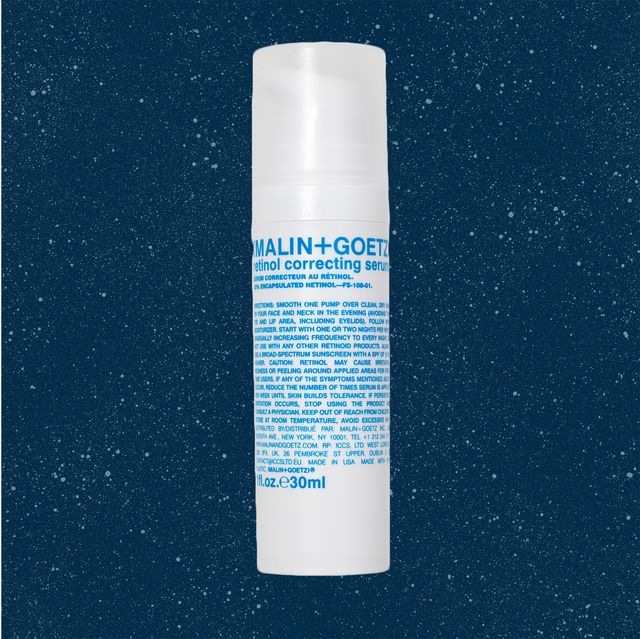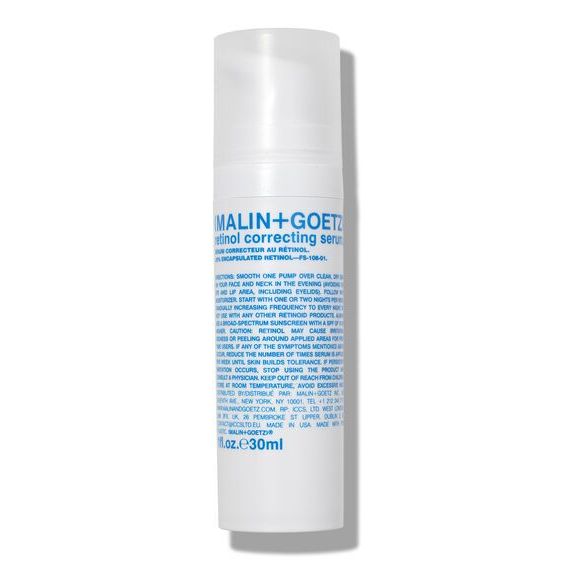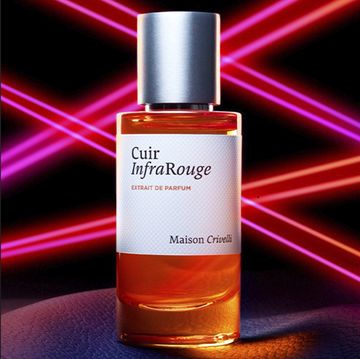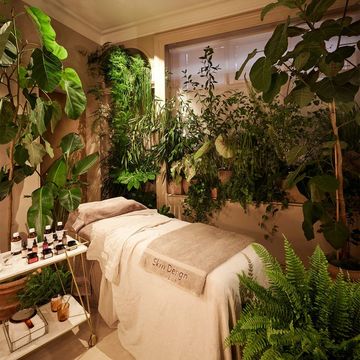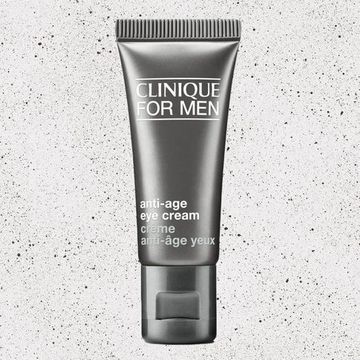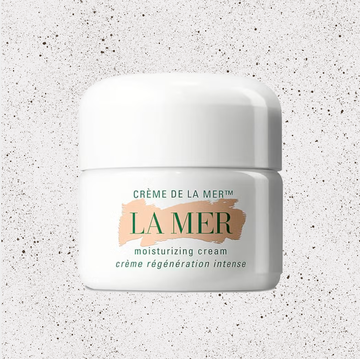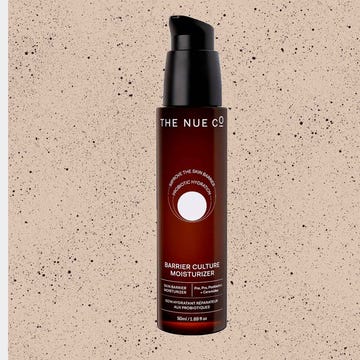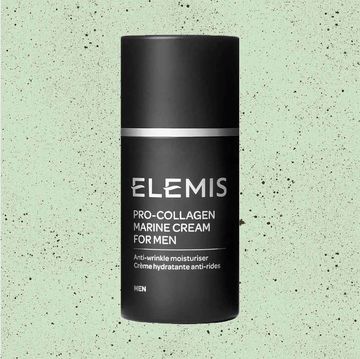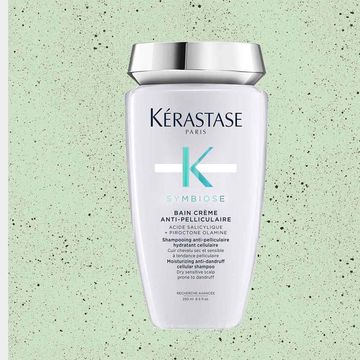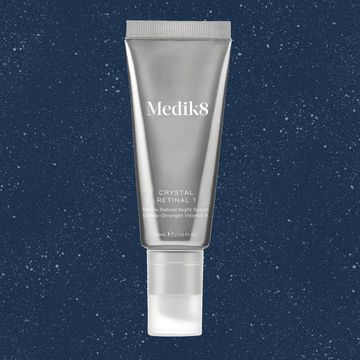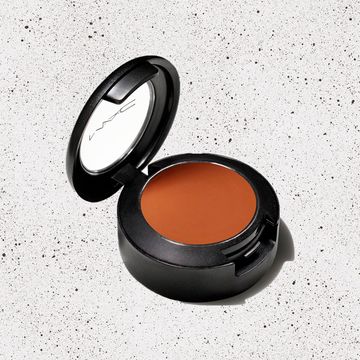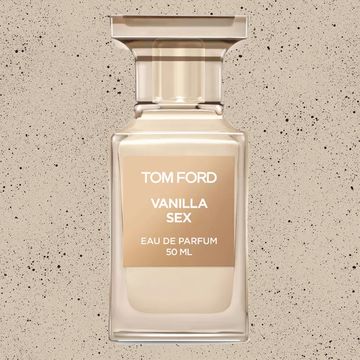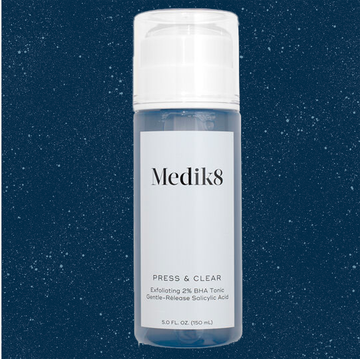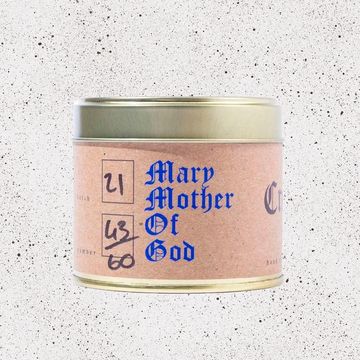There’s long been an element of risk involved with the most popular aesthetic enhancements. From the cut-and-stick facelift of the '80s to the chemical peel of the '90s, and now the Love Island-induced jawline filler epidemic, there are plenty of self-improvement terrors out there where the end result is rarely worth the perilous process (unless you’re hoping for a protein-shake sponsorship deal, in which case go right ahead with that last one).
Granted, retinol skincare doesn’t sit in the same stratosphere as anything you could have done at a suburban Botox party, but there is an element of treachery involved with dancing in the ‘active’ skincare aisle – and of all those actives, retinol (or vitamin A) is the most energised.
Retinoids might not be new to the skincare world (they first emerged in the 1980s) but it has only been in the past few years when the ingredient has truly boomed. Thanks to advancements in technology, and the fact we’re all still very much obsessed with looking like a bright-eyed twenty-something, retinoid-based products now litter the shelves, each one promising a tighter, firmer, time-defying complexion.
Anyone who has played it fast and loose with a retinoid serum or cream will know this active ingredient is not without its downsides. As the ingredient works by accelerating the rate of cell turnover in the skin (leading to fresher skin, quicker) it can come with hefty side effects – especially for the sensitive-skinned. Ephemeral redness is common, but as product-development teams continue to amp up the strength of their formulas, so are tricker-to-fix issues that come hand in hand with a broken skin barrier: think soreness, inflammation, peeling skin and dehydration.
Now, you could delve into the fine, nerdy details of retinoid formulation using the source of all solid information, the internet (there’s an entire Reddit thread dedicated to something called the ‘retinol uglies’) or you could save yourself the repetitive strain injury and head straight to a gentle, trustworthy product that’ll deliver the results without the bad things. Malin + Goetz is a brand built for the sensitive skinned – Matthew Malin himself has rosacea and eczema, and he doesn’t formulate anything he can’t use himself.
This softly softly ethos explains why the brand hasn’t capitalised on the skincare world’s biggest cash cow before – but now, the brand has confidently launched a Retinol Correcting Serum that, according to clinical tests, the very easily upset can use without it all ending in tears.
“Retinol is a great anti-aging ingredient, but it can be difficult to find a product gentle enough that it can be tolerated in sensitive or rosacea-prone skin,” says Dr Dan Belkin, who worked with the brand on the launch. The secret to side-stepping the irritation is encapsulation, he says. “Encapsulation is something l look for in products that include potentially irritating or unstable molecules like retinol and vitamin C.” Like sneaking past the doorman in the beer-soaked days of teenhood, encapsulation allows active (read: irritating) ingredients to slip past the skin’s delicate outermost layer, only being released into the skin when they’re right where they need to be, avoiding aggression at the barrier.
So, what will it do? Really, the benefits are wide-reaching. Fine lines and forehead wrinkles will be faded, dark spots lifted, and both active breakouts and lingering acne scars will fade from view in around six weeks. Apply two nights per week if you're a total retinol beginner, and wear a decent SPF moisturiser by day – you don’t want to ruin those bright new baby skin cells before the long-hot summer of showing off your aesthetically optimised face.
